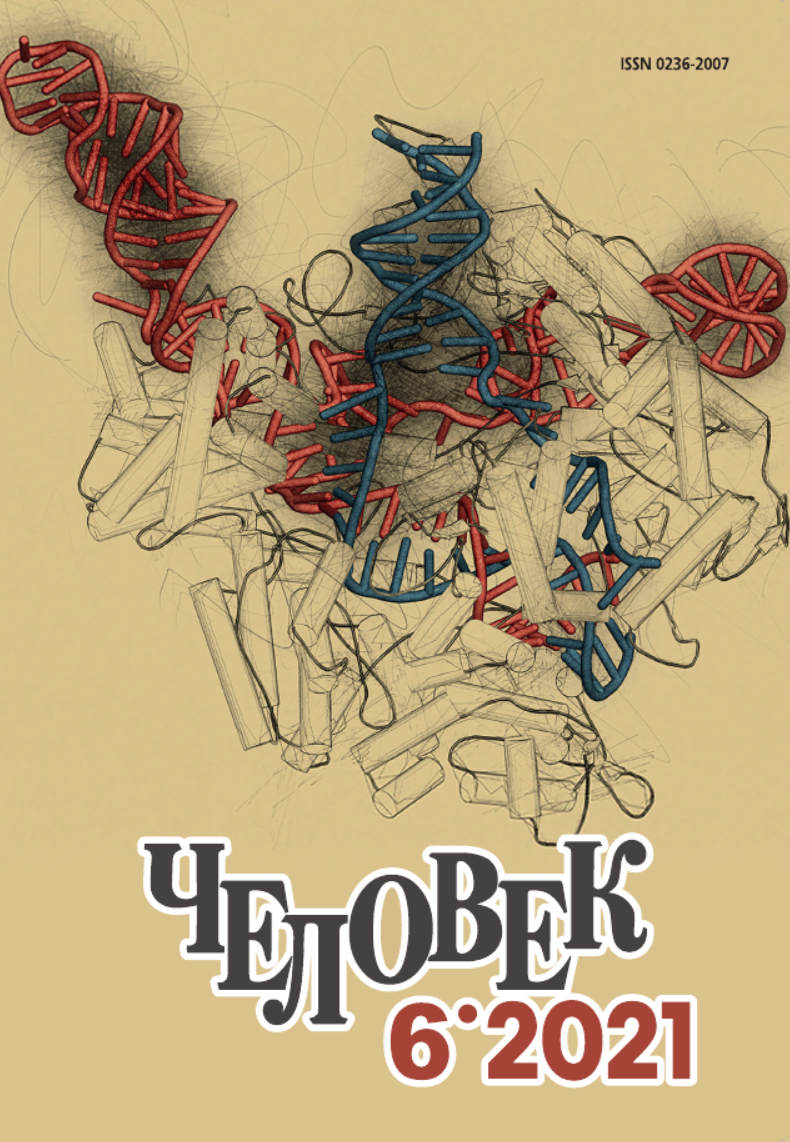Neurohacking as a Game with Time: From Chronoengineering to New Chronopolitics
Keywords:
neurocentrism, neurohacking, biopolitics, bio-power, chronoengineering, chronohacking, chronopolitics, human enhancement, quantificationAbstract
The tendency of technological overcome temporal limitations has become the basis for the introduction of the term "chronohacking" into scientific use. Within the framework of this article, the authors are trying to trace the prospects of chronohacking in the context of transformations of biopolitics in the digital age. Due to the fact that chronopolitics becomes network, the coordination of people and technology objects ("non-humans") leads to the appearance of multiple temporality modes. New digital biopolitics form the medial somatic experience of subjective time perception. Nets become a testing ground over time. They are provided within the framework of neurocentric practices of techno-pharmacological effects on the human brain in order to treat, improve and study a person named as neurohacking. The most common forms of neuroscience are the practice of self-tracking and self-logging using digital gadgets. By forming a calculable physicality, neuroscience quantifies ideas about the dynamics of the interaction of social bodies, centering them on the knowing Self. Overcoming the alienation caused by classical biopolitics, neuroscience provides a quick routinization of quantifying devices coupled/subordinate to digital biopolitics networks, including in the format of virtual and augmented reality. Unlike classical chronopolitics, digital chronopolitics not so much coordinates bodies as modifies subjective temporality, subjecting it to the experience of a discrete presence in digital worlds connected through quantification tools. This leads to the fact that through new biomedical technologies, temporary jumps at both the gene and societal levels are routinized due to the radicalization of high-tech time in the pandemic era of quarantine and remote communication. Cyberspaces of computer games, working out experiments on time experiences, supported by temporal cultural experiments, connected to the same devices that audit somatic quantification, ensure the pluralism of subjective perceptions of various social activities.






